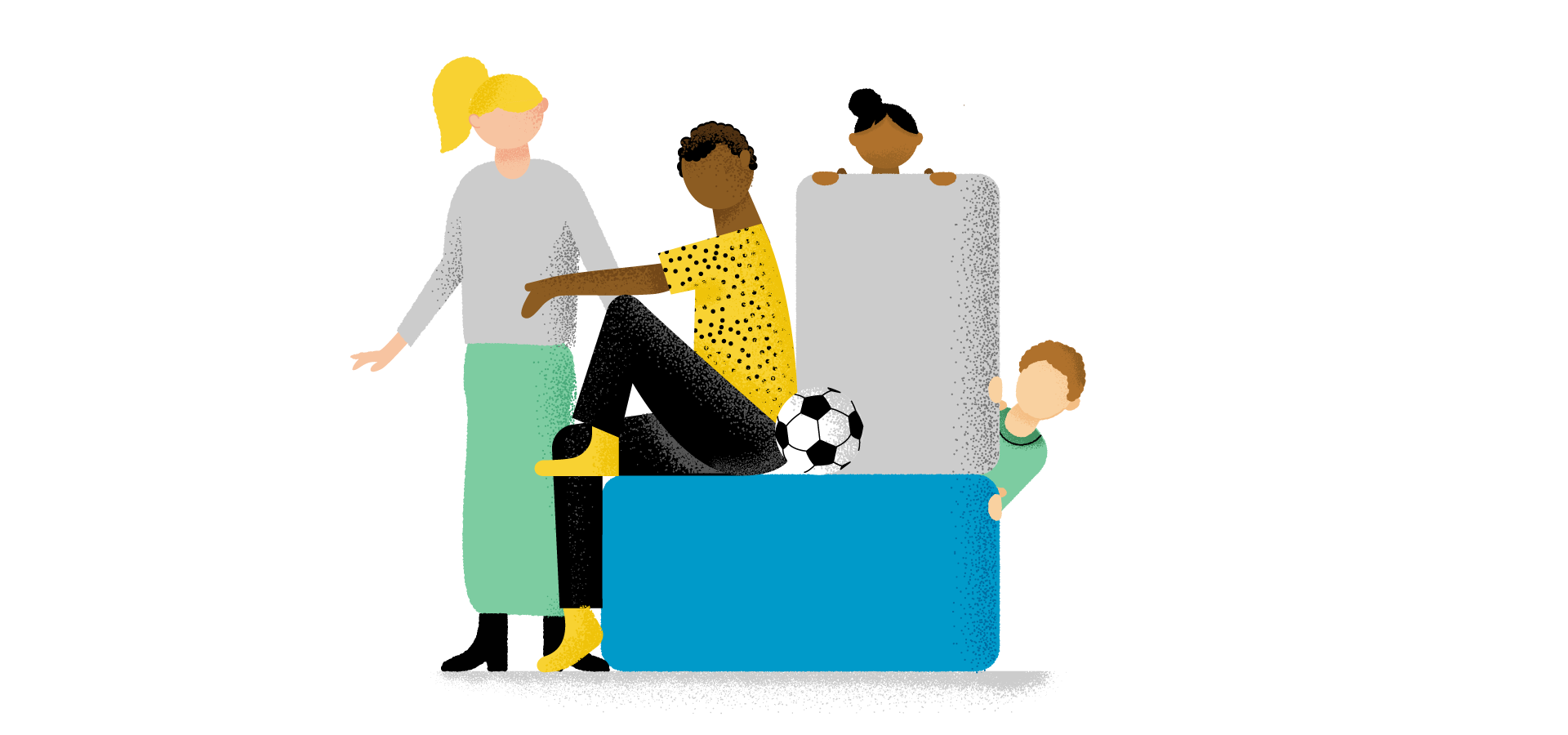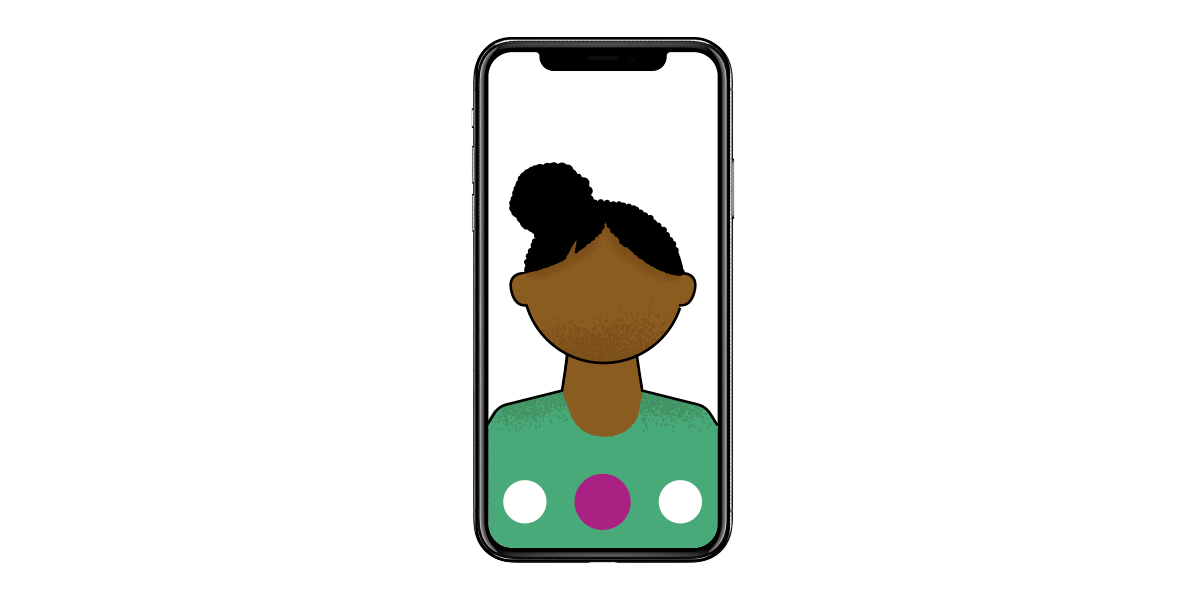The Covid-19 pandemic affected many parts of the healthcare system, including waiting times for people to receive treatment. But what has the impact been on young people’s mental health services? We spoke to Nicola Harvey, former Digital Wellbeing Lead at YMCA Downslink Group to hear her experiences.

Record numbers of children are seeking treatment for psychological support, with the number being referred to mental health services almost doubling from pre-pandemic levels. The impact of the pandemic on children and young people has clearly contributed to this spike in demand and has left many services trying to meet this unprecedented increase, leaving ‘agonising’ waiting lists for some.
Despite promises of funding for services, finding a ‘quick fix’ to help ease the strain on mental health care isn’t easy, and long-term solutions need to be considered to help cope with demand going forward.
Adapting to digital
As the UK deals with post-pandemic recovery, technology and digital innovations are already playing a significant role in helping healthcare services not only during this period of increased levels of demand, but as a permanent part of the way that we engage with treating our children and young people.
During the pandemic, the public had to adapt to changes in their daily lives, particularly when spending more time at home. The reliance on technology was and continues to be heavier than ever, which means shifting to more digitally accessed service will for many feel like a natural progression.
And with today’s children and young people growing up as the ‘digital generation’ with technology being such a natural part of their daily lives, it should be an obvious choice to have the option of engaging them with treatment that can take place (partly or wholly) online.
-
At Minddistrict we are expanding our offering for services working with children and young people.
Find out more about the online modules that are available.
Do you want to get started with our platform to provide mental health services for young people? Then get in touch with us!
The advantages for young people
Different digital innovations can be used to help services that treat young people seeking help. These solutions can take many forms, including options that services can offer alongside more traditional face-to-face treatment, such as online therapy modules or video calling for appointments. Instant messaging tools can also enable quick, easy conversations between therapist and patient that may seem more ‘natural’ for some young people.

YMCA Downslink Group are a charity working with young people, and Nicola Harvey formerly managed the service’s digital mental health products: “Young people do need different outlets to find information and get the support that they need” she says.
“Using the Minddistrict platform has helped us particularly in terms of waiting lists”, she says. YMCA Downslink Group are currently using the digital platform in multiple ways: “We have different approaches - we either use it as a self-help, so a young person might have a look at a module and they’ll be using it whilst they’re waiting to be seen. We also have a blended offer which is a mixture of face-to-face and the psychoeducational modules as well - there is a lot of flexibility.”
"Young people need different outlets to get the support they need"
As well as bridging waiting times and being flexible, Nicola also notes the benefits of digital solutions for young people not having to travel to see a practitioner, which is particularly useful in situations where a young person may live far away from their local service and/or have to rely on public transport. Digital care can also be of great benefit to those who may be uncomfortable or embarrassed seeing someone face-to-face: “some people are quite anxious around others”, adds Nicola. If a young person is more comfortable and less anxious, that can often create the space build the therapeutic relationship more easily.
As for the services themselves, Nicola understands that some therapists might be skeptical about using a digital therapy platform as part of their treatment offering. When some professionals first hear about the digital therapy platform, there are some who think 'That all looks a bit complicated' and then refrain from using it, explains Nicola. "My advice to these people is always: do some research, ask for a demonstration, and you'll realise for yourself how easy it is."

“It can only get better”
As we continue to adapt with digital becoming part of the ‘new normal’ in many healthcare settings, it remains vital that digital solutions continue to be able to fit in with traditional care pathways to enable choice in how young people access mental health support. After all, whilst innovation is a positive thing, it should complement existing practices, rather than completely replace.
What role does Nicola think that digital innovations will play in helping young people’s mental health as we continue to recover from the pandemic? “The pandemic has shown us the potential for digital,” she says. And although face-to-face options have been able to resume in many settings, it’s good to continue to have the option of digital continuing alongside this: “A lot of people will have actually preferred going online because of the convenience”. 'The digital generation' were already online. And now, more mental health services are too.
"The pandemic has shown us the potential for digital"
When speaking about the Minddistrict platform, Nicola adds: “It helped us continue to support young people throughout the pandemic, and as we transition back into face-to-face [treatment], we're still using the platform to help young people”.
So, whilst not all children and young people will prefer digital options for support, it’s clear that it has been vital in how care has been delivered during the pandemic, and will continue to play an important role in improving the mental health of our young people. As for the use of more digital innovations across the mental health care industry? Nicola says: “I think it can only get better”.
More information
Are you interested to know more about our online modules for young people? You can find out more about our offering and the modules here.
If you're interested to find out in more detail how our platform can benefit services working with children and young people, get in touch for a conversation and to see a demonstration.
